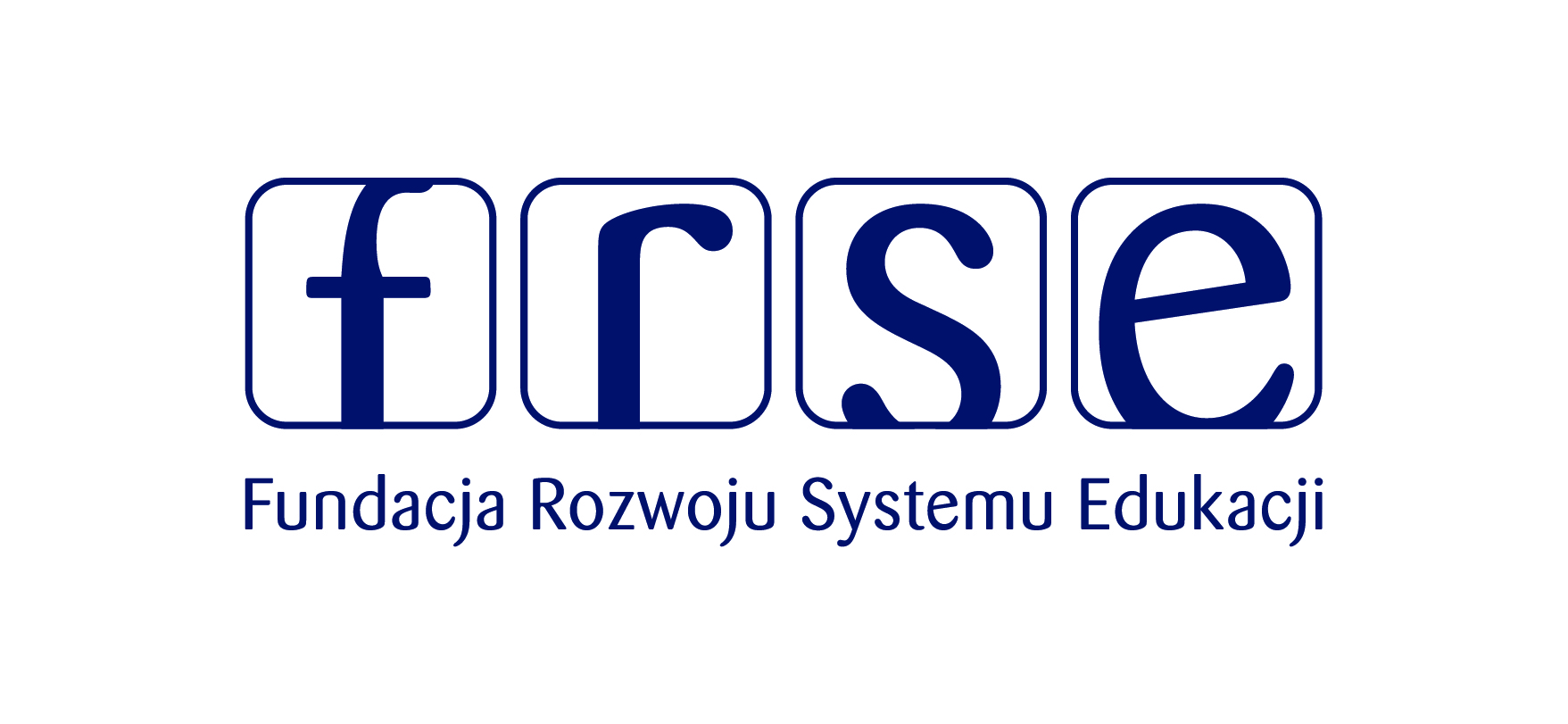Fundacja Rozwoju Systemu Edukacji
Aktualności
Data publikacji: 22.09.2023 r.
Seminar: Evidence-based approach in Erasmus+ and European Solidarity Corps
For the seventh time, the Foundation for the Development of the Education System organised the annual research seminar ‘Evidence-based approach in Erasmus+ and European Solidarity Corps’, which took place on 20-22 September 2023 in Warsaw. The main theme of the event was the past, present and future of research on the Erasmus+ and European Solidarity Corps programmes.
As every year, researchers, academics and employees of Erasmus+ National Agencies from numerous countries came to Poland to jointly discuss what EU education programmes bring to the beneficiary institutions and participants.
Results
The first session was devoted to the results of research conducted in the Erasmus+ and European Solidarity Corps (ESC) programmes. Presentations covered the Higher Education and Vocational Education and Training fields, as well as international volunteering projects and the eTwinning programme. The Foundation for the Development of the Education System was represented by Jadwiga Fila and Mateusz Jeżowski from the Research and Analysis Unit. They discussed research on the fate of university graduates who participated in the Erasmus+ programme and on the social commitment of former volunteers abroad.
International initiatives
The second session featured a discussion of ongoing research, including on two international initiatives initiated and coordinated by FRSE. The first one, presented by Michał Pachocki from the Research and Analysis Unit, focuses on the impact of projects in the field of VET on education systems in Central and Eastern Europe. The second one – presented by Karol Sobestjański – explores the impact of the Erasmus+ programme on the development of digital competences among beneficiaries from Poland (the coordinator and initiator of the study), Belgium, the Netherlands, Slovenia, Italy, Romania and Turkey.
Another presentation was given on the largest study (conducted continuously since 2008) on the Erasmus+ Youth programme: ‘Research-based analysis of Erasmus+ Youth’, in which all Erasmus+ National Agencies are involved.
The future
The third session provided an opportunity to discuss the future of international education initiatives and how to prepare for examining their results. The presenter, professor Özgehan Şenyuva from Middle East Technical University in Ankara, focused on identifying the target groups of research conducted by National Agencies and how to reach them with key information.
As every year, the seminar provided an excellent opportunity to exchange experiences, share knowledge on research on EU education programmes and make new contacts. The next edition will be held in a year.

